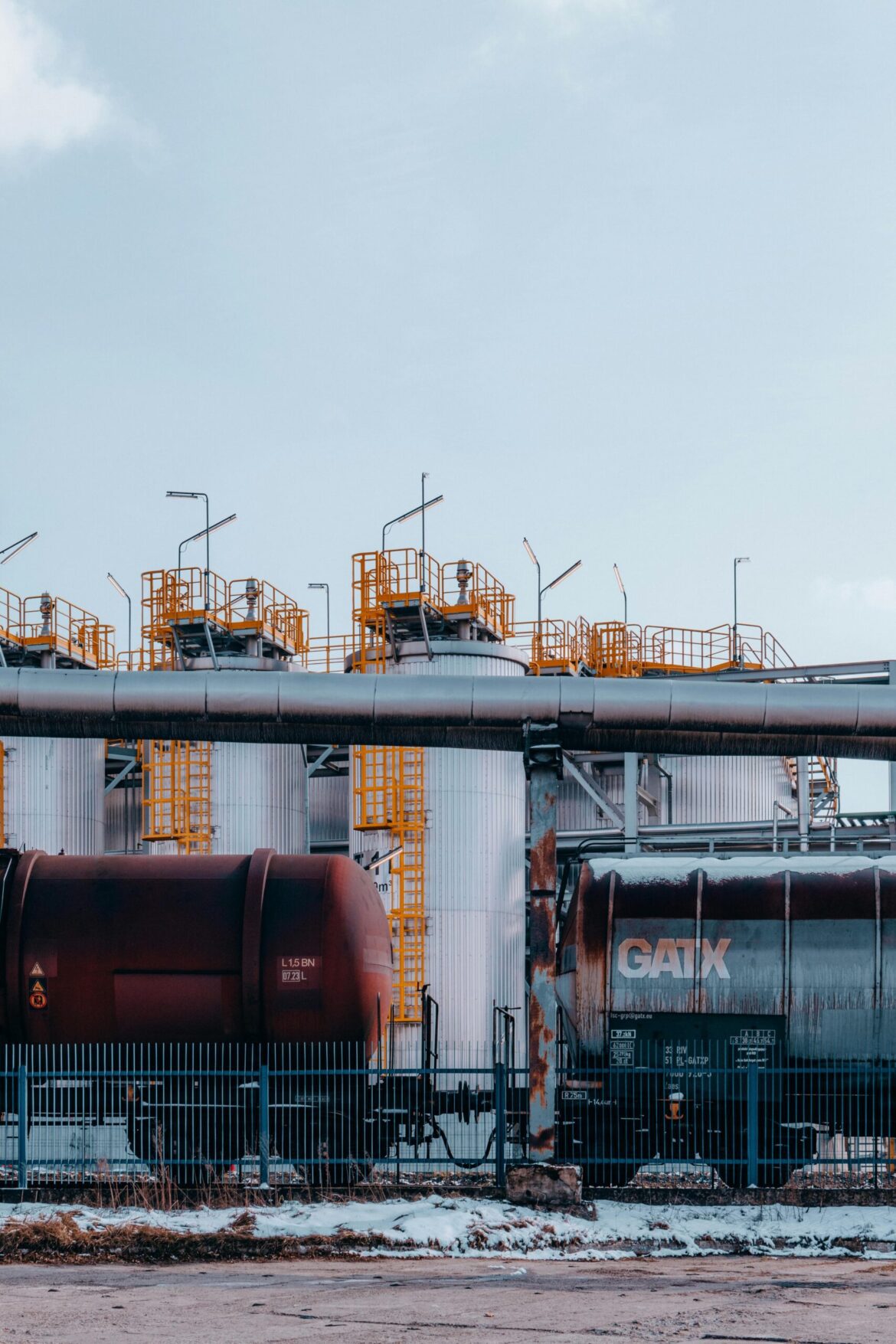Incident Overview
On February 26, 2024, a catastrophic explosion occurred along a significant oil pipeline in West Texas, resulting in the tragic deaths of two workers and injuries to several others. The blast, which transpired around 8:30 a.m. local time near Midland, ignited a substantial fire and raised urgent concerns regarding safety protocols and environmental risks in one of the nation’s pivotal energy corridors. The pipeline, operated by Lone Star Energy Partners, is crucial for transporting crude oil from the prolific Permian Basin to Gulf Coast refineries, making the incident particularly impactful for the energy sector.
Details of the Incident
Witnesses reported a violent explosion accompanied by a thunderous boom, with a large plume of black smoke visible from several miles away. Manuel Ortiz, a nearby farmer, described the moment, stating, “It was like the ground shook. We saw flames shooting into the sky, and then the smell of burning oil filled the air.” Following the event, emergency services quickly mobilized to extinguish the blaze, which remained active at the site. Authorities have confirmed the loss of two lives and reported that six other workers were transported to local hospitals with a range of injuries from burns to fractures.
Impact on the Energy Sector
The explosion has resulted in significant disruptions within the oil transportation network of the Permian Basin, the largest oil-producing area in the United States. Industry analysts anticipate that the incident may lead to a temporary increase in oil prices as operators seek alternative routes for supply distribution. Mark Johnson, an industry analyst, remarked, “This is a major artery for crude oil, and any prolonged disruption will have ripple effects throughout the energy market.” In the wake of the incident, Lone Star Energy Partners has initiated a shutdown of operations along the affected segment of the pipeline and is actively cooperating with ongoing investigations.
Safety and Environmental Concerns
The explosion has reignited debates surrounding the safety of aging pipeline infrastructure, particularly in Texas, where energy production has surged dramatically in recent years. Advocacy groups have voiced concerns over insufficient regulatory oversight and the lax enforcement of safety protocols, with many asserting that such tragedies are indicative of larger systemic issues within the industry. Carla Ramirez, director of the Texas Environmental Justice Alliance, stated, “This tragedy highlights the urgent need for stricter safety standards in the oil and gas industry.” Furthermore, environmental experts are closely monitoring the site for potential contamination, as the fire has emitted pollutants into the atmosphere and raised alarms about possible oil seepage into neighboring water sources.
Evacuations and Community Impact
The incident has necessitated the evacuation of residents within a five-mile radius of the explosion as a precautionary measure. Local schools were closed, and traffic on nearby highways was rerouted, causing significant disruptions to the community. Elena Martinez, an evacuee, expressed her anxiety about the situation, stating, “We don’t know when it will be safe to go back. It’s scary to think something like this could happen so close to home.” Emergency shelters have been established for those displaced by the incident, and local nonprofits are providing essential food and supplies to assist affected families.
Investigation and Future Actions
In response to the explosion, investigators from the Pipeline and Hazardous Materials Safety Administration (PHMSA) and the Occupational Safety and Health Administration (OSHA) have launched a comprehensive probe into the incident’s causes. Preliminary indications suggest a possible equipment failure, although officials caution that determining the exact cause may require several weeks. As the investigation unfolds, there is a growing chorus of voices advocating for reform, with lawmakers and community advocates calling for increased investment in infrastructure safety and more stringent environmental protections.
Conclusion
The February 26 explosion at the oil pipeline in West Texas underscores the inherent risks associated with the energy sector and the critical need for enhanced safety measures to protect workers, communities, and the environment. As the consequences of this incident continue to unfold, it serves as a stark reminder of the vulnerabilities present within the energy infrastructure and the necessity for ongoing vigilance in ensuring the safety of operations and the well-being of surrounding communities.
FAQs
What caused the explosion at the West Texas oil pipeline?
The preliminary investigation suggests a possible equipment failure during maintenance work, but a definitive cause has yet to be established.
How many people were affected by the explosion?
Two workers tragically lost their lives, and at least six others were injured and required hospitalization.
What measures are being taken to ensure community safety?
Residents within a five-mile radius have been evacuated as a precaution, and emergency services are actively working to extinguish the fire and assess environmental risks.
What are the environmental concerns stemming from the incident?
Experts are monitoring for potential air and water contamination due to the pollutants released during the fire, with state and federal agencies involved in damage assessment.
Will oil prices be affected by this explosion?
Market analysts warn that this incident could lead to a temporary spike in oil prices due to the disruption in transportation from the Permian Basin.

